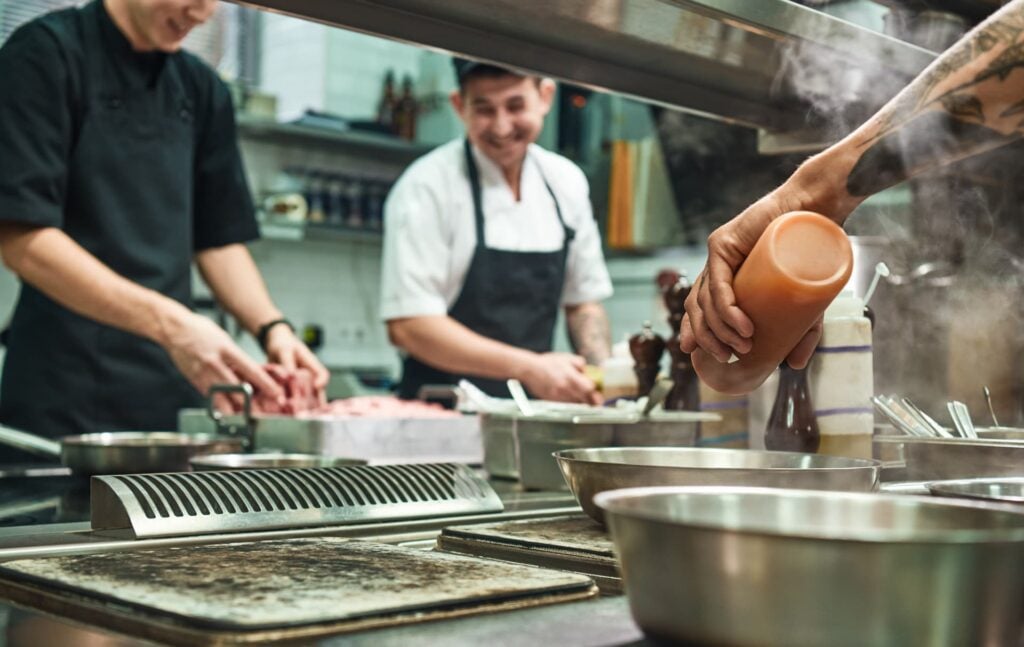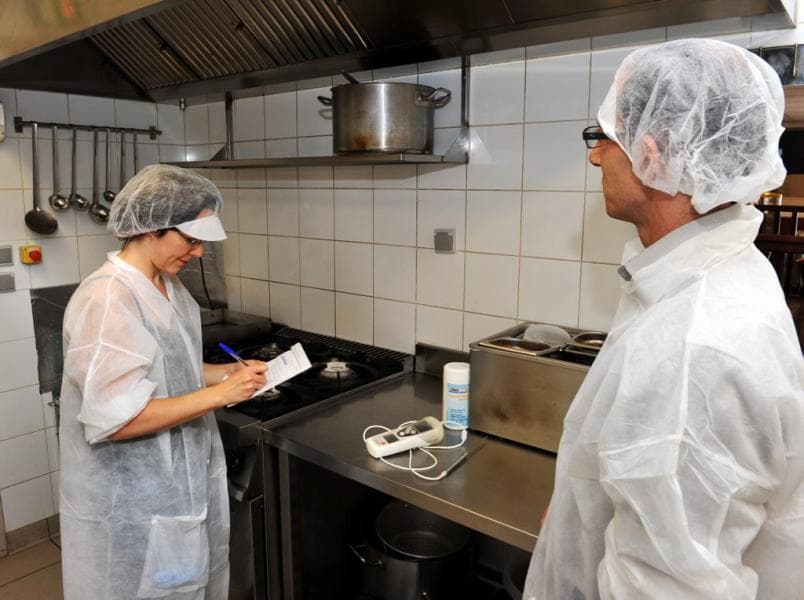Food allergies
How to properly manage food allergies in your restaurant
In a context where food allergies and intolerances are constantly increasing, it is crucial to implement effective measures to ensure the safety and well-being of customers.
Here are some tips for effectively managing food allergies in your restaurant.

Managing food allergies: a major responsibility for restaurateurs
On December 13, 2014, a European regulation requiring restaurateurs to provide information about allergens in their dishes (Regulation 1169/2011 EU) came into effect.
Every professional must maintain an up-to-date written document on the presence of allergens in the dishes they offer and make it available to customers.
Train your entire staff
The first step in managing food allergies is to train your staff. It is essential that all team members, from the dining room staff to the chefs, understand the severity of food allergies and are able to respond to requests from allergic customers.
They should be able to inform customers about the ingredients in the dishes and possible substitutions.
Additionally, your team should be trained on the procedures to follow in case of an allergic reaction.
For example, they should know how to use an epinephrine auto-injector and who to contact in an emergency.
Create a clear and informative menu
Another important measure is to have a clear and informative menu. You should clearly indicate on your menu which dishes contain major allergens, such as gluten, nuts, or dairy products. It is also helpful to offer allergen-free options for allergic customers.
You might offer a gluten-free version of your pasta or a nut-free dessert. Ensure this information is clearly visible and easily accessible for your customers.
Limit the risk of cross-contamination
Cross-contamination is a major risk in managing food allergies. This occurs when traces of allergens are transferred from one food to another, for example through kitchen utensils or cutting boards.
To prevent cross-contamination, it is important to implement strict procedures in the kitchen, such as using separate utensils and cutting boards for allergen-free foods. Make sure to thoroughly clean work surfaces after each use.
Communicate with your customers
Communication with customers is a key element in managing food allergies. It is important to encourage customers to inform staff of their food allergies or intolerances and to be ready to address their questions and concerns.
If a customer informs you that they are allergic to nuts, the dining room staff should be able to tell them which dishes contain nuts and which are safe for them. It is also important to reassure customers about the measures you have in place to prevent cross-contamination.
Managing food allergies
Managing food allergies is a major challenge for restaurateurs. By implementing effective measures, you can ensure the safety of your customers, meet their expectations, and enhance the reputation of your restaurant.
To further this approach, feel free to contact us via our web form to discover how ePackPro can help you optimize your HACCP management:
Get in touch
Ready to digitise your food preparation space?
We’d love to demo ePackPro in your place of work. Click below to book a demo or ask us to call you back. We’d love to meet.

Want to Learn More?



